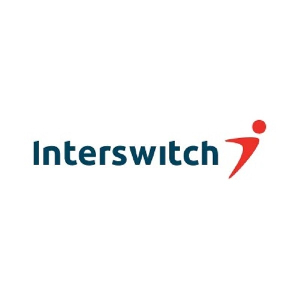Tax experts have faulted the Academic Staff Union of Universities’ proposed increase in the Tertiary Education Tax from three per cent to 10 per cent tax. According to them, toeing this path would hurt private firms which were already overburdened with taxes.
The ASUU President, Prof Emmanuel Osodeke, recently proposed an increase in the education tax from three to 10 per cent to fund infrastructure in Nigeria’s universities.
“In 1992 when we had a disagreement with the government, the government said we should look for other ways of getting funding. That was how TETfund came. This time around, the government is saying there is no money to fund it and it is talking about using tuition to raise money. How will a man earning N30,000 be able to afford it? Why not take 10 per cent of big companies and inject into the education system so that you have a better and free country?” Osodeke had said in an Arise TV interview monitored by The PUNCH.
But this has not gone down well with tax experts who insist that the proposal should be dead on arrival.
In an Arise TV interview, Fiscal Policy Partner and Africa Tax Leader, PwC, Taiwo Oyedele, disagreed with ASUU, saying there was just an increase in education tax one year ago.
He said, “And based on the 2022 Finance Bill, there is a proposal to take it to three per cent from 2.5 per cent. For those of us who are involved in tax matters, I can tell you authoritatively that one basis point of education tax rate is equivalent to two basis points of companies income tax rate because it is calculated on a much larger base than companies income tax.”
Oyedele argued that when companies income tax, technology tax, the police tax, science and engineering tax, among others, were computed, a firm would effectively be paying over 40 per cent tax.
“This is one of the highest in the world for a country where you need to attract investments. It is even higher than the OECD. The problem that we have in the educational sector is not by increasing the burden on the private sector to fund them. The fundamental question is that over the last 10 years, education tax has contributed over N2tn to that sector. Who is explaining how that money has been spent?” he asked.
According to the Chief Executive Officer of the Financial Derivatives Company, Bismark Rewane, the proposal was not right at the moment.
He said, “That is another knee-jerk reaction with all due respect to ASUU. What have we achieved with the 2.5 per cent Tertiary Education Tax? We should look at how utilisation of tax proceeds has been as well as its impact.”
On the students’ loan scheme being proposed by a presidential candidate in next month’s election, Rewane said it was not a viable option.
He said, “The first thing a lender worries about is the source of the repayment of the loan. You are lending students money to get education without knowing whether they will get jobs. I do not think it works anywhere. Even in the US, it is a problem. I believe a much more viable option is to give scholarships, grants and bursaries so that people can have education. Free, compulsory and quality education is a right.”
He suggested that monies saved from subsidies should be deployed almost totally to funding education.
Business News of Monday, 9 January 2023
Source: www.punchng.com













